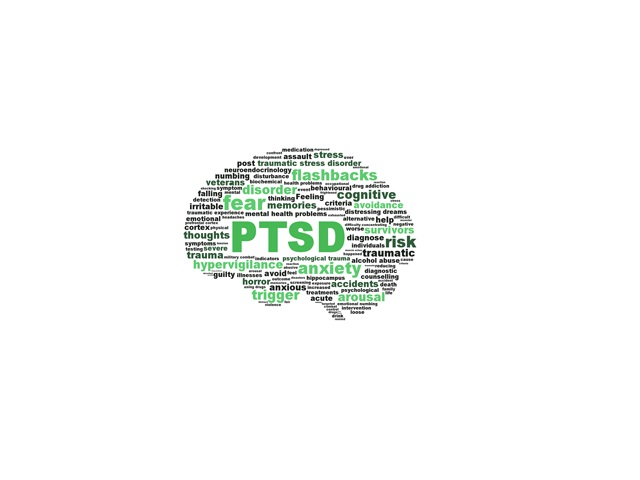3 Signs You May Have Obsessive-Compulsive Disorder -- Symptoms, Causes, Effects, Treatment and Prevention
Obsessive-Compulsive Disorder (OCD) is a mental health condition characterized by recurring, intrusive thoughts (obsessions) and repetitive behaviors or mental acts (compulsions). It can significantly impact a person's daily life and functioning. Here is an explanation of obsessive-compulsive disorder, along with its symptoms, diagnosis, causes, effects, treatment, and prevention:
Symptoms of Obsessive-Compulsive Disorder:
The symptoms of OCD can vary but generally include:
- Obsessions: Persistent and intrusive thoughts, images, or impulses that are unwanted and cause distress. Common obsessions may involve contamination fears, symmetry and orderliness, or aggressive or sexual thoughts.
- Compulsions: Repetitive behaviors or mental acts that individuals feel driven to perform in response to the obsessions. Compulsions are often aimed at reducing anxiety or preventing a feared outcome.
- Distress and interference: The obsessions and compulsions cause significant distress and interfere with daily functioning, relationships, and quality of life.
Diagnosis of Obsessive-Compulsive Disorder:
Diagnosing OCD involves a thorough evaluation by a mental health professional. Key components of the diagnosis include:
- Meeting the diagnostic criteria outlined in the Diagnostic and Statistical Manual of Mental Disorders (DSM-5).
- The presence of obsessions and/or compulsions that consume a significant amount of time (more than one hour per day) and cause significant distress or impairment.
- Ruling out other potential causes for the symptoms, such as medical conditions or substance use.
Causes of Obsessive-Compulsive Disorder:
The exact causes of OCD are not fully understood, but several factors may contribute to its development:
- Genetic factors: There is evidence of a genetic component in OCD, with certain genes associated with an increased risk.
- Brain abnormalities: Neurological abnormalities in certain brain areas, as well as imbalances in neurotransmitters like serotonin, may play a role in OCD.
- Environmental factors: Traumatic events, stress, or childhood adversity may trigger or exacerbate OCD symptoms in susceptible individuals.
Effects of Obsessive-Compulsive Disorder:
OCD can have a significant impact on various aspects of an individual's life, including:
- Impaired daily functioning: The obsessions and compulsions can consume a significant amount of time and energy, making it challenging to fulfill responsibilities and engage in regular activities.
- Relationship difficulties: OCD symptoms can strain relationships due to the distress caused by obsessions and the disruption caused by compulsive behaviors.
- Mental health comorbidities: OCD often coexists with other mental health conditions, such as depression, anxiety disorders, or eating disorders.
- Reduced quality of life: Persistent obsessions, anxiety, and the need to perform compulsions can lead to decreased enjoyment of life and a sense of control.
Treatment of Obsessive-Compulsive Disorder:
Effective treatments are available for OCD and may involve a combination of approaches:
- Cognitive-behavioral therapy (CBT): Specifically, exposure and response prevention (ERP) is a type of CBT that helps individuals confront their fears and resist performing compulsions, gradually reducing anxiety.
- Medications: Selective serotonin reuptake inhibitors (SSRIs) are commonly prescribed to help alleviate OCD symptoms.
- Deep brain stimulation (DBS): In severe cases where other treatments have been ineffective, DBS may be considered as a surgical intervention.
Prevention of Obsessive-Compulsive Disorder:
Currently, there are no known methods to prevent OCD. However, early intervention and prompt treatment can help manage symptoms and reduce their impact.
It is important for individuals experiencing symptoms of OCD or seeking more information to consult mental health professionals for a comprehensive evaluation, accurate diagnosis, and appropriate treatment.
References:
American Psychiatric Association. (2013). Diagnostic and Statistical Manual of Mental Disorders (DSM-5). American Psychiatric Publishing.
National Institute of Mental Health. (2021). Obsessive-Compulsive Disorder. Retrieved from https://www.nimh.nih.gov/health/topics/obsessive-compulsive-disorder-ocd/index.shtml


















